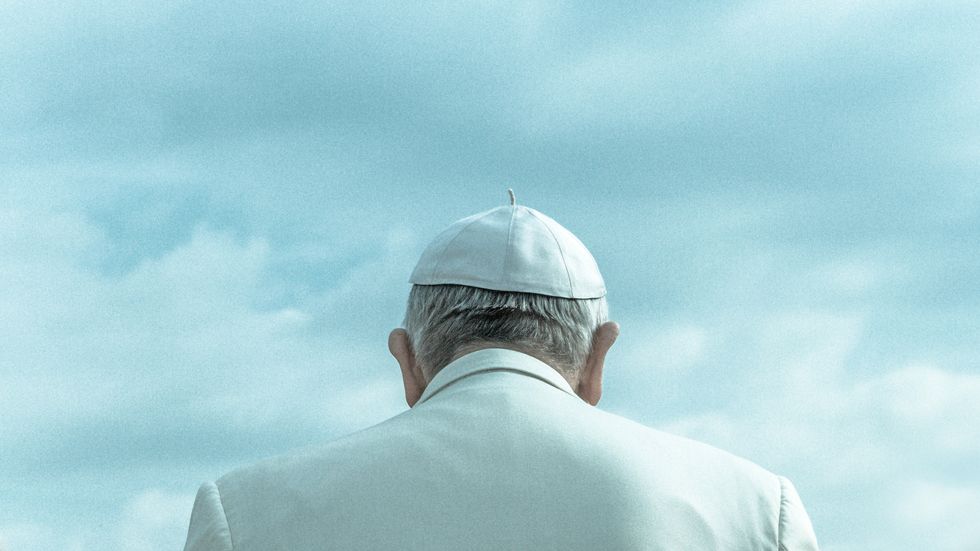Since the resignation of Pope Benedict XVI in 2013, it's seemed as if Pope Francis' presence in the Papacy has been shrouded in controversy. However, it may not be the scandalous controversy that many of us would expect to seep out of the Catholic Church. Quite the opposite, J. Peter Nixon of US Catholic, described in an article that Pope Francis may be the turnaround artist that the Church so desperately needs.
For the past few centuries, the Catholic Church and the Papacy have been known to alienate themselves from the people and increasingly reign in support for world governments and bureaucracies rather than the people that they claim to represent. Upon his succession five years ago, Pope Francis has made it his campaign to reverse such sentiments towards the Church and ensure that the institution is orientated towards accountability and compassion.
On the subject of accountability, Pope Francis is the first Pope to openly discuss and judge the ever so frequent myriad of sex abuse within the Catholic Church with his creation of a Vatican tribunal to judge both abusers and accomplices.
On compassion, Francis is very adamant that the Church reexamine its relationship with the people. He created waves of controversy by challenging the Church's harsh stance towards homosexuality, abortion, and divorce. It's unclear exactly where Francis himself personally stands on some of these issues, but it's clear that he wishes to put love before dogma and reinvent the Church to be more inclusive. This notion is in far contrast to the idea of a small and exclusively pure Church that was held by so many Popes before.
Around the time of his resignation, Pope Benedict said that homosexuality may very well be a threat to global peace. Only a few months later did Francis state, “If someone is gay and searches for the Lord and has good will, who am I to judge?" Theologian, David Cloutier, commented saying that the transition of the Church lead by Pope Francis wasn't political or a coercion from progressive liberalism by any means, but rather it was spiritual and a part Francis' reevaluation of the nature of God. When asked directly if he endorsed homosexuality, Francis replied by asking, "Tell me: when God looks at a gay person, does he endorse the existence of this person with love, or reject and condemn this person?"
Despite the moves towards openness, Pope Francis has obviously received pushback and criticism from hard lining traditionalists believing that he's degrading the sanctity of the Church and the standards of morality that they've held on to for years.
Many would look at his statements and challenge them with contrasting passages from the Bible or the Quran. However, despite what any ancient text says about the nature of "God", it may be as much important to reexamine our own interpretation of what and who God is than just reexamining the foundation of the Catholic Church.
Many who support him observe that his ideas of compassion and accountability may actually be more in line with the Biblical teachings that they claim to be founded on than the dogmatic institution of the old Church. The changes made by Pope Francis may not be signaling the end of the Church in the wake of modern indecency and progressivism, but rather the end of a malicious moral judge and the beginning of a global institution of humanitarianism.

















